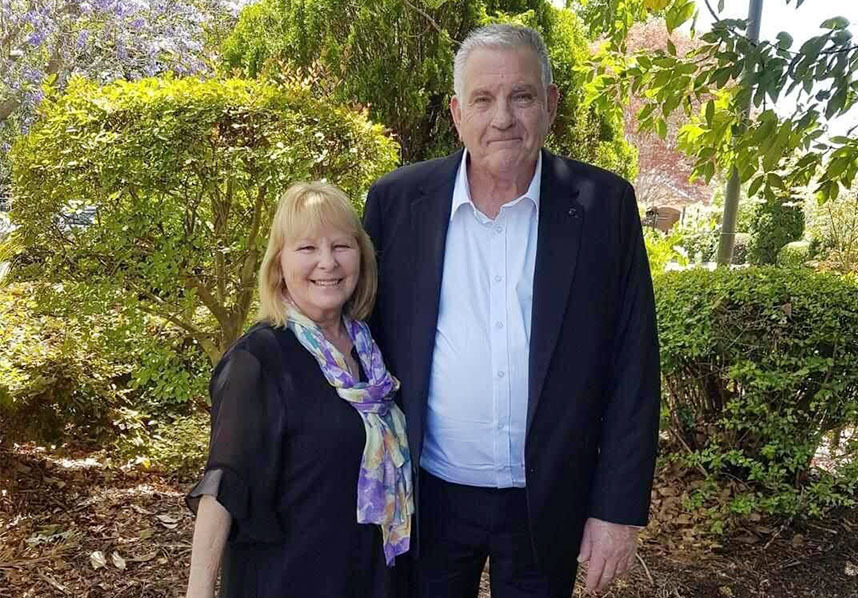Important plumbing tips that every resident should know!

Important plumbing tips that every resident should know!
Ahhhh water is going everywhere!! Sound dramatic? Plumbing is one of those things that doesn’t seem like a big deal until something goes wrong! As a real estate agent, I’ve seen firsthand the costly and messy consequences of neglected plumbing issues. Here’s 10 important tips to keep your home’s plumbing in check and avoid unnecessary headaches.

1. Bidet Hoses: Get Them Professionally Installed!
Bidets are growing in popularity, but did you know you shouldn’t DIY them yourself? An improperly fitted bidet hose can cause dangerous backflow contamination, potentially affecting your entire water supply. They can also cause a build-up in pressure, which can cause the flexi hose to explode or the connection to pop off, which can then flood your house if no one is home when it happens. Protect your home (and your health) by hiring a licensed plumber.

2. Toilet Cistern Blocks: Just Don’t!
Those brightly coloured toilet cistern blocks might promise a fresh-smelling toilet, but they come with a hidden cost. Over time, these blocks corrode toilet seals and damage flush mechanisms, leading to leaks and costly repairs. Instead, opt for regular toilet cleaning with a brush and gentle cleaner.

3. Scale Buildup: Prevention is Key.
Hard water isn’t something you can control on mains water supply, and it can lead to scale buildup in taps, showerheads, and pipes, reducing water flow and efficiency. It’s easier to minimise the impact by your fixtures regularly using vinegar or a commercial descaler, and consider installing a water softener if scale is a persistent issue in your area.

4. Flushable Toilet Wipes: A Giant No-No!
Despite what the packaging says, ‘flushable’ wipes are anything but flushable! They don’t break down like toilet paper and can cause serious blockages in your pipes and the broader sewer system. It’s best to stick to toilet paper only.
5. Tissues: Fine in a Pinch, but Beware!
If you’re out of toilet paper, tissues might seem like a good substitute. However, they’re designed to be more durable and don’t dissolve as easily, increasing the risk of clogs. Use them sparingly—and if your toilet clogs, that one’s on you!

6. Push Plugs: Use Them or Lose Them!
Push plugs in sinks and bathtubs need regular use and testing. If left untouched for too long, they can seize up, making them difficult to remove or use when you actually need them. Give them a push every now and then to keep them functional.

7. Tap Washers: Don’t Overdo It.
A dripping tap can be annoying, but overtightening the tap can actually cause leaks rather than stop them. Over-tightening can wear down the washers faster or even damage the tap fittings. Use taps gently so that they are firmly closed but not tight to avoid unnecessary wear and tear.

8. Flexi Hose Health: What to Watch For.
Under your sink, there’s a good chance you’ll find flexi hoses connecting your taps and appliances to the water supply. These hoses have a limited lifespan and can go from just minor surface rust on the exterior, to a fully burst hose a matter of months, and when they go, they can completely flood your home! Look for signs of wear, rust, or fraying, and replace them immediately if they appear compromised. This is why property managers always check under your sinks during property inspections!

9. Dishwashers: Rinse & Clean to Prevent Blockages.
Your dishwasher works hard, but food particles can clog its filters and drainage system, leading to leaks or poor performance. Rinse off excess food before loading dishes and regularly clean the dishwasher filter to keep things running smoothly.

10. Leaks: How to Self-Test for Water Leaks
If you’ve received an unusually high water bill, or a letter from your water provider advising your usage is higher than normal, or if you’ve noticed damp or wet patches around your home, you could have a leak. So how do you test for leaks?
- Turn off all internal and external taps.
- Write down the numbers displayed on your water meter.
- Do not turn the tap/valve at the meter.
- Do not use any water for at least one hour (don’t even flush the toilet).
- Read the numbers on your meter again, paying attention to the red numbers and dials.
If you observe the dials of the meter turning, or there has been an increase in the numbers you recorded, you may have a leak. It is now time to engage a licensed plumber or leak detection service.

Final Thoughts
A little bit of plumbing maintenance goes a long way in preventing expensive repairs. Whether you’re a homeowner, renter, or landlord, keeping these tips in mind will save you stress, money, and possibly an emergency call to a plumber! If you’re ever unsure about a plumbing issue, always consult a professional—better safe than soggy!
Recent Posts
What to Consider when Applying for a Home Loan
21 Apr 2024












